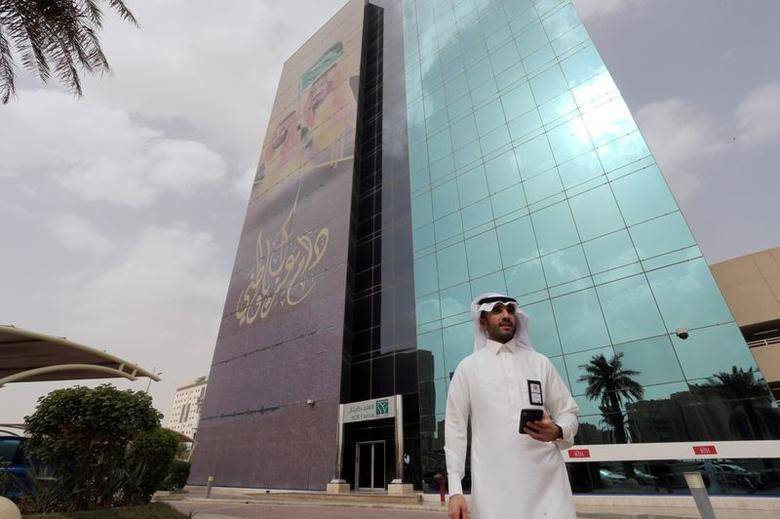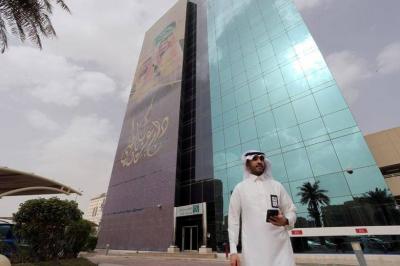The Saudi National Bank, the largest investor in Credit Suisse, assured on Monday that its strategy will not be impacted by the decline in the value of its investments in the Swiss bank, which has been acquired by local competitor UBS. The Saudi National Bank, the largest bank in the Kingdom by assets, acquired nearly ten percent of Credit Suisse for 5.5 billion riyals (1.46 billion dollars) last November, making it one of the largest shareholders in the troubled Swiss bank.
Reuters calculations indicate that this means the Saudi bank has incurred a loss of approximately 1.17 billion dollars in its investments. The Saudi bank stated in a press release on Monday that "any change in the fair value of the investment in the Credit Suisse Group will not affect the bank's financial expectations and plans for the year 2023."
The statement noted that the investment in Credit Suisse constitutes less than 0.5 percent of the total assets of the Saudi bank, which exceeded 945 billion riyals as of last December, and is not expected to impact profitability. Swiss authorities announced on Sunday that UBS will acquire its competitor for 3.23 billion dollars as part of a broader state-supported rescue plan.
The rise in oil prices due to the Russian war in Ukraine boosted economic growth in the Gulf region last year, with sovereign wealth funds and banks, which are experiencing liquidity inflows, seeking available deals amid expectations of a weak global economy. In January, the Qatar Investment Authority, the second largest shareholder in Credit Suisse, increased its stake in the Swiss bank to 6.8 percent. The Saudi Public Investment Fund (sovereign wealth fund) owns nearly 40 percent of the Saudi National Bank.
Diego Lopez, director of the Global S.W.F platform, stated that "Gulf sovereign wealth funds acted as rescuers during the financial crisis of 2008 and may do so again using their surpluses." He added, "2008 saw many losers among sovereign wealth funds, but there were also some winners - in this context, the losses of the Saudi National Bank and the Qatar Investment Authority will not deter other Gulf investors from seeking additional opportunities."




